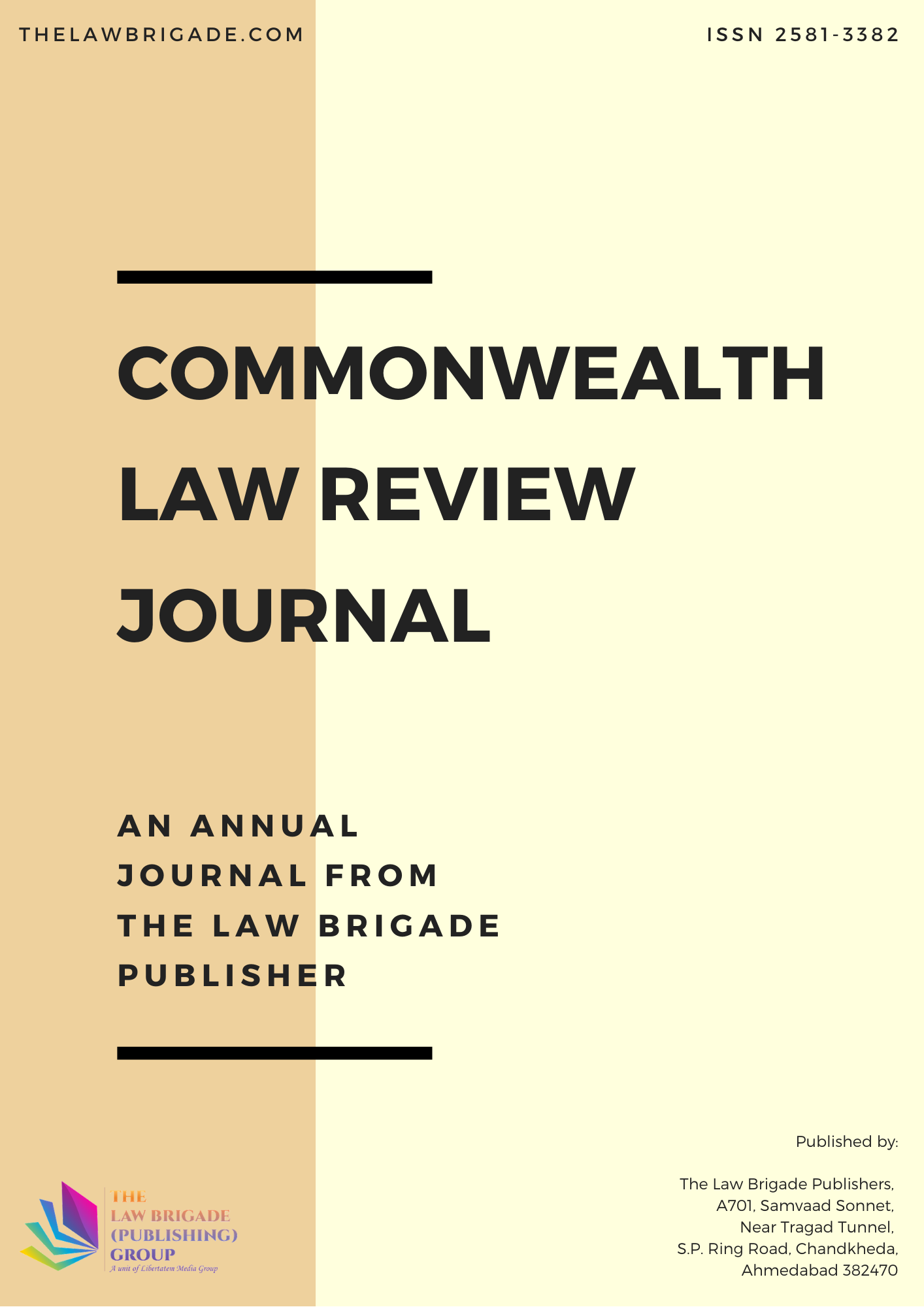The doctrine of paternalism involving human subjects has been an undisputable practice in medical research. For several decades since the Nuremburg trials, and the development of the Nuremburg Code and Helsinki Declaration, it has been the topic of a huge debate by legal writers on the basis that, the doctrine infringes on patient’s autonomy. The main proponent of this doctrine is Immanuel Kant who argues that all persons have an intrinsic and unconditional worth and therefore, should be allowed to exercise his or her capacity of self-determination.
Due to the inexistence of sanctions against this, one could observe medical experiments conducted and drug tested by medical practitioners on prisoners without their consent. In spite the rational of conducting this medical activity, it has had practical consequences, ranging from victims maimed and in extreme cases, leading to death. It was equally recorded that some lives became worthless as children lost their bread winners on one hand and wives lost their husbands on the other hand.
In this regard, this paper argues that it is crucial for victims of unconsented clinical research to have rights to redress in cases where the effective standard of medicine is not met. In order to address this research investigation, deductive and logical research techniques were used to analyze relevant records and documents. Primarily, discussions were made on the current situation, in which we analysed the paternalistic practice in context with the medical research.
With the available materials, we investigated whether the doctrine of paternalism is still useful in the Cameroonian medical law. This paper reveals that the law of 17 April 2022 on Medical research involving human subjects provide legal remedies ranging from the award of damages to penalty against defaulters of medical experiment on human bodies without their consent.





